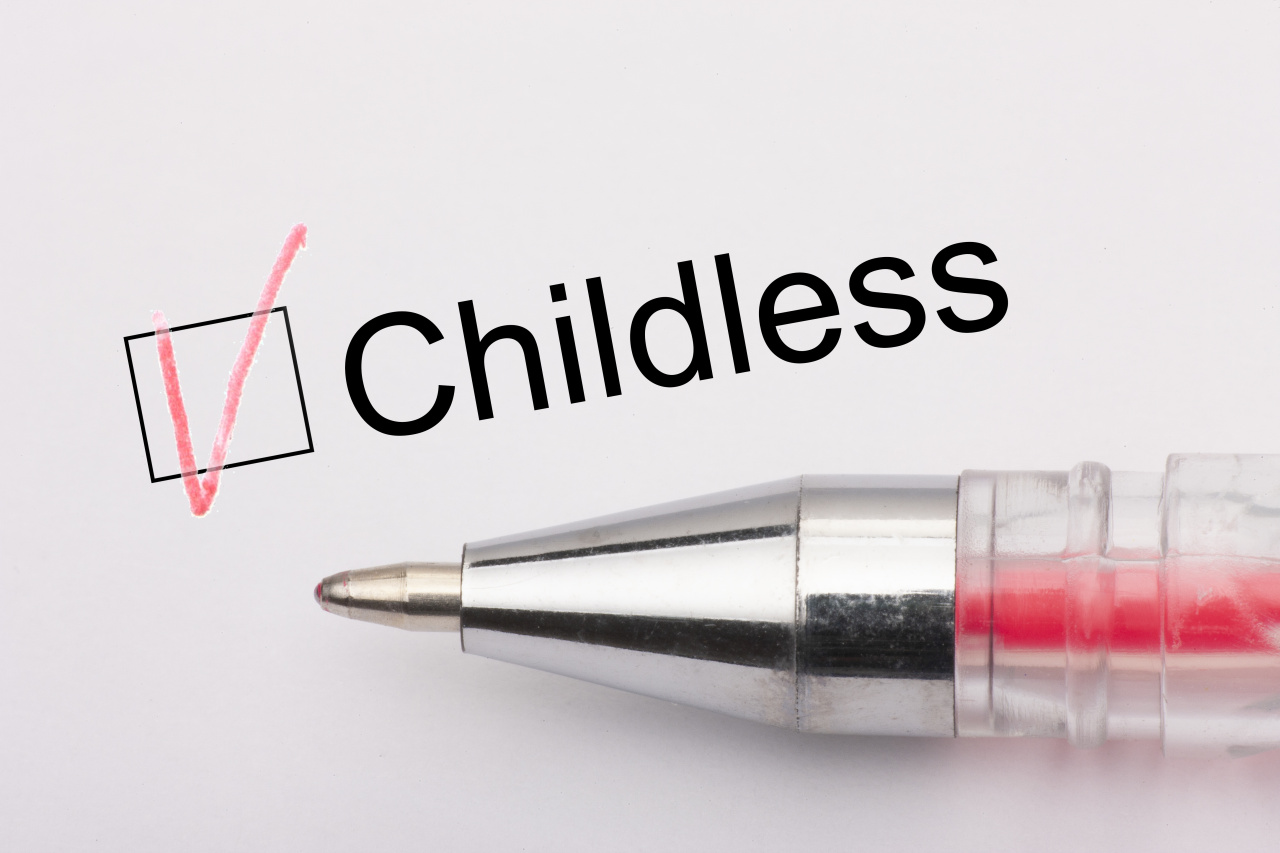Childlessness rising more steeply among less educated women
By Kim ArinPublished : July 21, 2020 - 18:30

Childlessness has gone up among all women, but it is rising more steeply among women with lower levels of education.
According to a study published Tuesday in a Korea Institute for Health and Social Affairs journal, fertility rates -- the average number of children a woman gives birth to over her lifetime -- for women across all educational levels have declined markedly between 1976 and 2017.
Last year, the general fertility rate in Korea posted a record low of 0.92, falling below 1 for two consecutive years.
The study found while highly educated women were having fewer children, the drop was sharper for middle school- and high school-educated women at 0.47 and 0.28, respectively, than for women with more advanced degrees at 0.23.
In other words, the fertility gap between women with and without higher education is narrowing, the study said, challenging earlier findings that suggested more educated women were less likely to have children.
Income stability is emerging as a key factor in influencing a woman’s likelihood of bearing children, the study explained.
The study said an analysis of women who have a bachelor’s degree or higher working in white collar jobs demonstrated those with licensed occupations -- which often pay better and offer employment benefits such as parental leaves -- tended to have more children.
“College-educated women still have fewer children on average. But the overall figure belies the rapid rise in share of women having no children in the low education group -- who have reduced chances of landing stable jobs,” the study said.
By Kim Arin (arin@heraldcorp.com)



![[Exclusive] Korean military set to ban iPhones over 'security' concerns](http://res.heraldm.com/phpwas/restmb_idxmake.php?idx=644&simg=/content/image/2024/04/23/20240423050599_0.jpg&u=20240423183955)




![[Herald Interview] 'Amid aging population, Korea to invite more young professionals from overseas'](http://res.heraldm.com/phpwas/restmb_idxmake.php?idx=644&simg=/content/image/2024/04/24/20240424050844_0.jpg&u=20240424200058)
![[Pressure points] Leggings in public: Fashion statement or social faux pas?](http://res.heraldm.com/phpwas/restmb_idxmake.php?idx=644&simg=/content/image/2024/04/23/20240423050669_0.jpg&u=)










